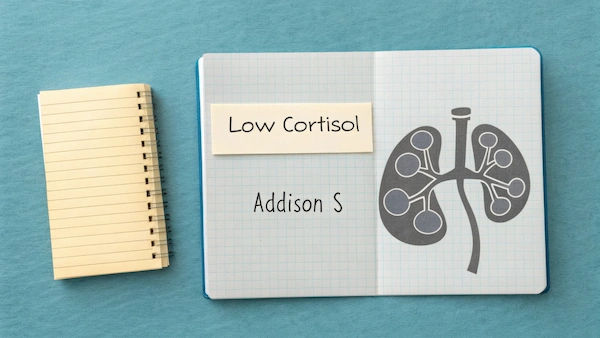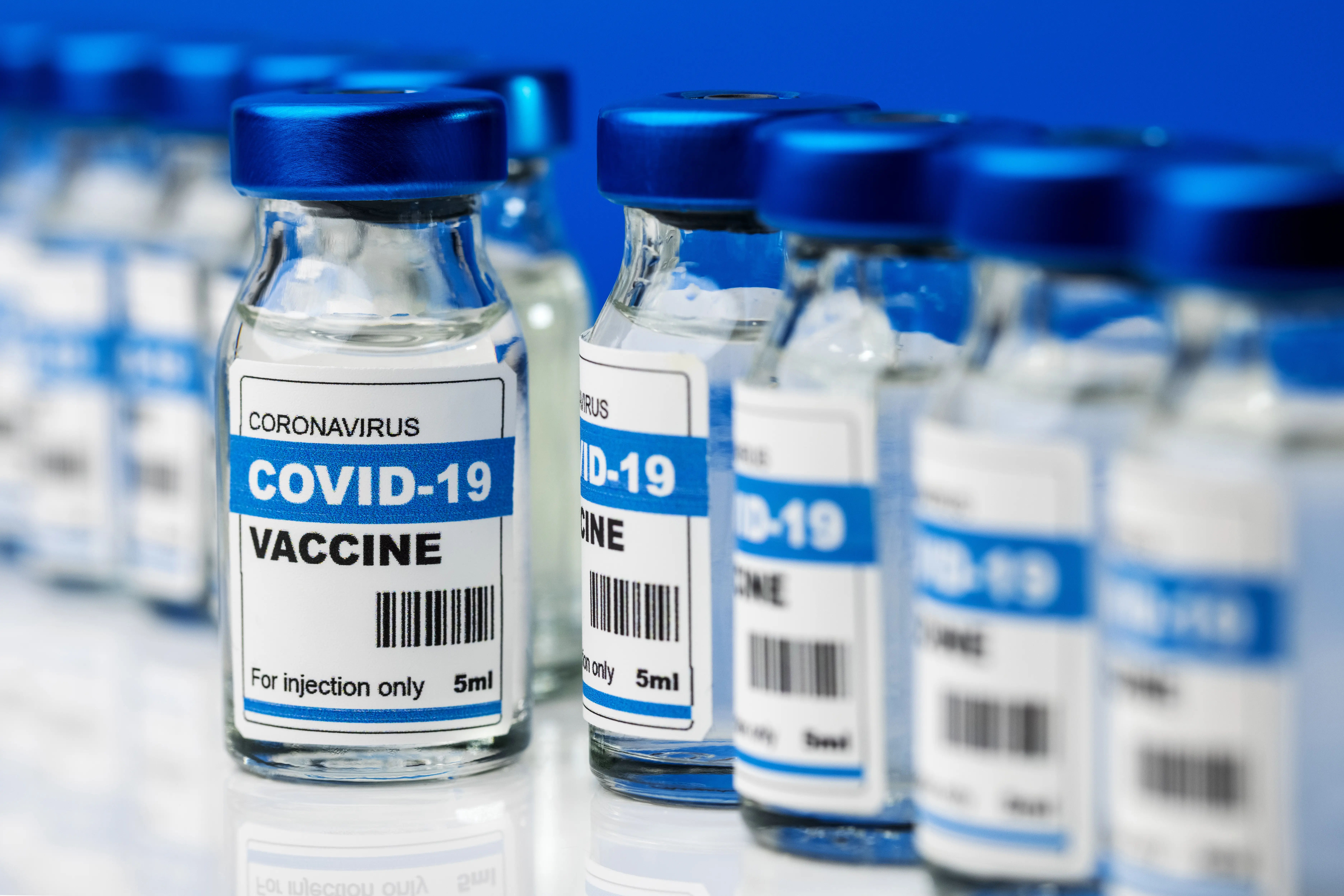ECG vs. Echo: Understanding the Difference for Your Heart Health
Confused between ECG and Echo? Learn the key differences between these heart tests—what they measure, how they work, and when your doctor might recommend each—to better understand your heart health.

Written by Dr. Dhankecha Mayank Dineshbhai
Reviewed by Dr. Shaik Abdul Kalam MD (Physician)
Last updated on 13th Jan, 2026

Your heart is a magnificent, complex engine, and keeping it healthy is paramount. When your doctor wants to check on this vital organ, they have a suite of diagnostic tools at their disposal. Two of the most common and crucial tests are the Electrocardiogram (ECG or EKG) and the Echocardiogram (Echo). While their names sound similar and both are essential for heart health, they serve very different purposes. If you've ever been confused about the difference between an ECG and an Echo, you're not alone. This guide will demystify these tests, explaining what they are, how they work, and why your doctor might choose one over the other—or often, both. Understanding this distinction empowers you to be an active participant in your healthcare journey, from recognising symptoms to discussing results with your cardiologist.
What is an ECG (Electrocardiogram)? The Electrical Snapshot
An Electrocardiogram (ECG) is a quick, painless, and non-invasive test that measures the electrical activity of your heartbeat. Think of it as an "electrical snapshot" of your heart. With each beat, an electrical impulse travels through your heart, causing it to contract and pump blood. The ECG translates these impulses into waves displayed on a graph or a monitor.
How Does an ECG Work?
A technician places several small, sticky sensors called electrodes on your chest, arms, and legs. These electrodes are connected to an ECG machine. They detect the tiny electrical changes on the skin that occur when the heart muscle depolarises during each heartbeat. The machine records this information, tracing it onto paper. The entire process takes only about 5-10 minutes while you lie still.
What Does an ECG Detect?
An ECG is superb at identifying problems with the heart's electrical rhythm, including:
- Arrhythmias: Irregular heartbeats (too fast, too slow, or irregular).
- Coronary Artery Disease (CAD): Blockages in the heart's arteries, especially if they are causing a heart attack.
- Heart Attack: Evidence of a current or past heart attack.
- Other Issues: Problems with heart chamber size and the conduction of electrical signals.
Types of ECG Tests
Resting ECG: Performed while you are lying down and relaxed.
- Stress ECG (or Exercise Stress Test): Performed while you walk on a treadmill or ride a stationary bike to see how your heart performs under stress.
- Holter Monitor: A portable ECG you wear for 24 to 48 hours (or longer) to capture irregular rhythms that may not happen during a short test.
What is an Echocardiogram (Echo)? The Ultrasound Movie
An Echocardiogram (Echo) is an ultrasound of the heart. It uses high-frequency sound waves (ultrasound) to create detailed moving images of your heart's structures and function. If an ECG is a snapshot of the heart's electricity, an Echo is a live-action movie of the heart in motion.
How Does an Echocardiogram Work?
A sonographer applies a special gel to your chest and then uses a handheld device called a transducer. The transducer emits sound waves that bounce off your heart structures. The returning "echoes" are picked up by the transducer and converted into real-time images on a monitor. This allows the doctor to see the heart beating and pumping blood.
What Does an Echo Detect?
An Echo provides a wealth of information about the heart's anatomy and function:
- Heart Valve Problems: Assessing leaking (regurgitation) or narrowing (stenosis) of valves.
- Pumping Strength: Measuring the ejection fraction, which is the percentage of blood pumped out of the heart with each beat.
- Heart Chamber Size: Checking for enlarged chambers or thick heart walls.
- Congenital Heart Defects: Structural problems present since birth.
- Blood Clots or Tumours: Identifying masses within the heart.
Types of Echocardiograms
- Transthoracic Echo (TTE): The most common type, where the transducer is moved across the chest.
- Transesophageal Echo (TEE): A probe is passed down the oesophagus to get closer, clearer images of the heart.
- Stress Echo: An Echo is performed both before and immediately after exercise on a treadmill to assess heart functionTumours stress.
- Side-by-Side: Key Differences Between ECG and Echo
- While both are vital, their fundamental purposes are distinct.
- The Core Difference: Electrical Activity vs. Physical Structure
The simplest way to oesophagus the difference between an ECG and an Echo is:
- ECG answers the question: "Is the heart's electrical system working correctly? Is the rhythm normal?"
- Echo answers the question: "Is the heart's physical structure normal? Is it pumping blood effectively?"
- Comparison Table: ECG vs. Echo
- | Feature | Electrocardiogram (ECG) | Echocardiogram (Echo) |
- | :--- | :--- | :--- |
- | What it Measures | Electrical activity of the heart | Physical structure and function of the heart |
- | Technology Used | Electrodes detect electrical impulses | Ultrasound waves create images |
- | Output | Graph (waveform patterns) | Moving images (video) |
- | Duration | 5-10 minutes | 30-60 minutes |
- | Key Things It Finds| Arrhythmias, heart attacks, ischemia | Valve problems, pumping strength, chamber size |
- | Analogy | A snapshot of the heart's wiring | A movie of the heart's pumps and valves |
Why Would a Doctor Order an ECG or an Echo?
Your symptoms and medical history guide your doctor's choice of test.
- Common Reasons for an ECG
- A doctor might order an ECG if you experience:
- Chest pain or discomfort
- Heart palpitations or a racing heart
- Shortness of breath
- Dizziness or lightheadedness
- As part of a routine physical, especially if you have risk factors for heart disease.
Common Reasons for an Echocardiogram
An Echo is typically ordered to investigate:
- A heart murmur heard by a doctor
- Unexplained shortness of breath
- Swelling in the legs (edema), which could indicate heart failure
- To monitor a known heart condition like valve disease or heart failure
- After an abnormal ECG finding to get a clearer picture of the heart's structure.
Why You Might Need Both Tests
These tests are complementary, not competitive. It's extremely common to get both. For example:
1. An ECG might detect an irregular heartbeat (arrhythmia).
2. An Echo would then be used to check if that arrhythmia is being caused by an underlying structural problem, like a weak heart muscle or a faulty valve.
- Together, they provide a nearly complete picture of your heart's health.
- The Patient Experience: What to Expect During Each Test
During an ECG: Quick and Non-Invasive
You will lie on an exam table. A technician will clean areas on your chest, arms, and legs and attach the electrodes. You'll need to lie still and breathe normally for about a minute while the machine records. There is no pain or sensation; you only feel the sticky electrodes on your skin.
During an Echo: A More Detailed Look
You will also lie on an exam table, usually on your left side. The sonographer will apply gel to the transducer and move it around your chest. You may hear a "whooshing" sound—this is the sound of your blood flow. The technician may ask you to hold your breath or change position to get better images. The gel might feel cool, but the test is entirely painless.
Interpreting the Results: What Comes Next?
Understanding Your ECG Report
The report will describe the heart rhythm (e.g., "normal sinus rhythm") and the timing of the electrical waves. Terms like "tachycardia" (fast heart rate), "bradycardia" (slow heart rate), or "ischemia" (lack of blood flow) may appear if there's an issue.
Understanding Your Echo Report
This is a more detailed report discussing the size of heart chambers, the motion of heart walls, the function of valves, and the ejection fraction (EF)—a key measure of pumping efficiency. A normal EF is usually between 55% and 70%.
Follow-up Steps and Further Testing
Your doctor will discuss the results with you. A normal result is reassuring. An abnormal result is not a diagnosis in itself but a clue. It may lead to:
- Further testing: Such as a cardiac MRI, CT scan, or angiogram.
- Starting medication: To manage blood pressure, rhythm, or cholesterol.
- Lifestyle changes: Recommendations for diet and exercise.
- Referral to a specialist: Seeing a cardiologist for ongoing management.
If your ECG or Echo results are abnormal, it is crucial to consult a cardiologist for a comprehensive evaluation. You can book a convenient online consultation with a specialist from Apollo24|7 to discuss your reports and determine the next best steps for your heart health.
Conclusion: Two Sides of the Same Coin
The ECG and Echocardiogram are not rivals but partners in cardiac care. One listens to the heart's electrical conversation, while the other watches its mechanical dance. Understanding the difference between an ECG and an Echo helps you appreciate why your doctor recommends a specific test and what information they hope to gain. Whether you're experiencing symptoms or managing a known condition, these tools provide the critical insights needed to guide treatment and ensure your heart continues to beat strong for years to come. Your heart's health is a journey, and these tests are essential milestones along the way.
Consult a Cardiologist for the best advice
Consult a Cardiologist for the best advice

Dr. Anand Ravi
General Physician
2 Years • MBBS
Bengaluru
PRESTIGE SHANTHINIKETAN - SOCIETY CLINIC, Bengaluru

Dr. Tripti Deb
Cardiologist
40 Years • MBBS, MD, DM, FACC, FESC
Hyderabad
Apollo Hospitals Jubilee Hills, Hyderabad
Dr Moytree Baruah
Cardiologist
10 Years • MBBS, PGDCC
Guwahati
Apollo Clinic Guwahati, Assam, Guwahati

Dr. Zulkarnain
General Physician
2 Years • MBBS, PGDM, FFM
Bengaluru
PRESTIGE SHANTHINIKETAN - SOCIETY CLINIC, Bengaluru

Dr. E Prabhakar Sastry
General Physician/ Internal Medicine Specialist
40 Years • MD(Internal Medicine)
Manikonda Jagir
Apollo Clinic, Manikonda, Manikonda Jagir
(150+ Patients)



.webp)
